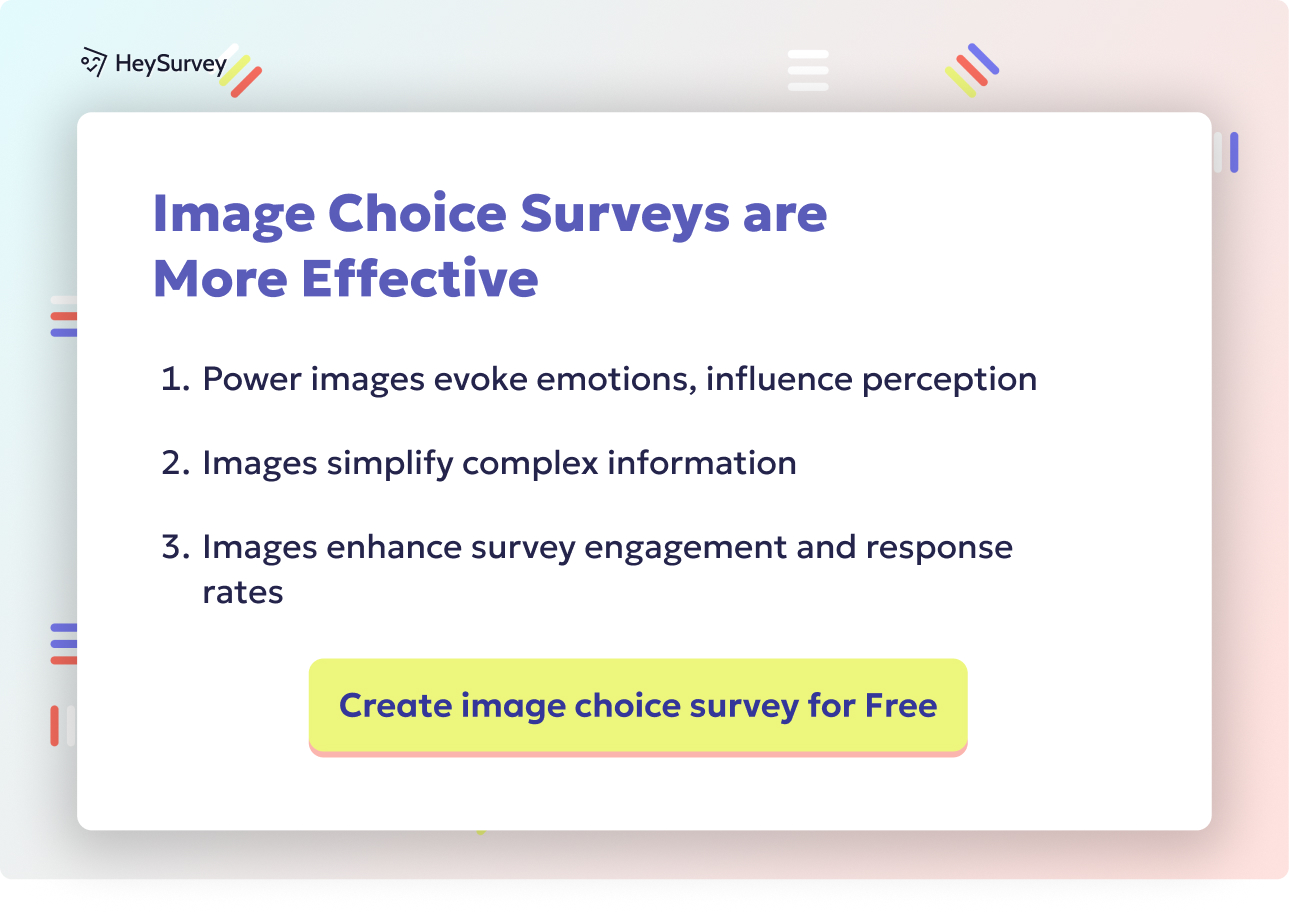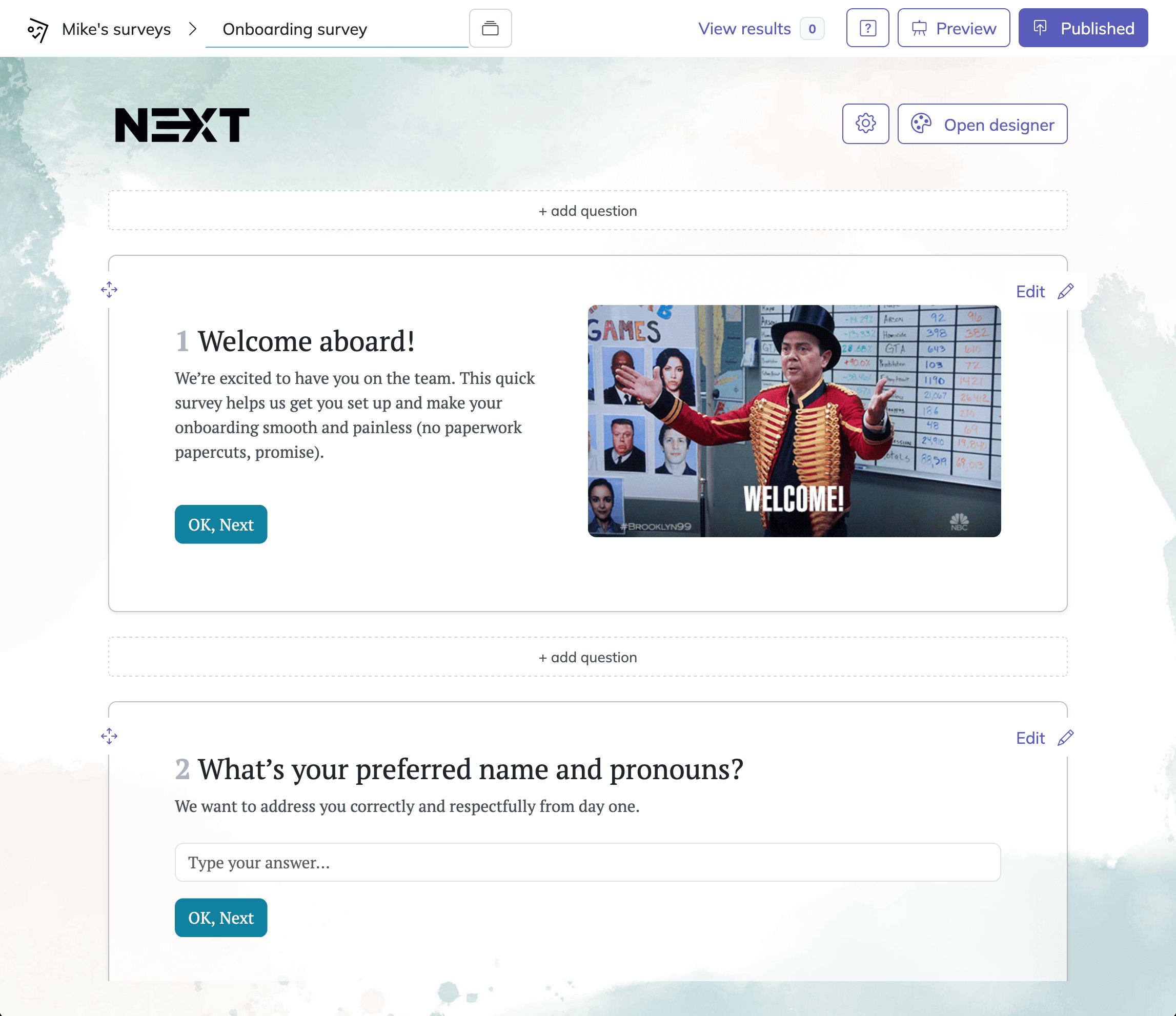32 Pregnancy Survey Questions to Improve Maternal Care Quality
Discover 30 essential pregnancy survey questions covering prenatal care, mental health, lifestyle, and birth plan to understand expecting moms better.
Pregnancy Survey Questions: The Ultimate Guide to Capturing Every Mama’s Voice
Pregnancy feedback isn’t just about ticking boxes—it's about understanding, empathy, and hearing the real stories behind every expecting mother’s journey. The right maternal health survey shines a light on what matters most, from ultrasound jitters to breastfeeding dreams. Whether you’re a hospital, a public health researcher, or a baby-brand wizard, choosing the right expecting mothers questionnaire makes your care more personal and lets moms feel truly seen. In this deep dive, you’ll find detailed survey types, when to use them, and ready-to-ask sample questions for every scenario ahead.
Introduction: Why Pregnancy Surveys Matter
Pregnancy surveys are not just forms—they are bridges between expecting mothers and the care teams who support them. When conducted thoughtfully, these surveys capture the genuine voice and experiences of pregnant women. By listening, healthcare professionals can spot little hiccups, boost comfort, and keep those warm, fuzzy feelings of trust and loyalty strong.
A well-made maternal health survey is like a secret superpower. It pinpoints when a mom needs extra education, when services could use a glow-up, and—even better—what’s going right. Expecting mothers questionnaires are perfect at each major milestone: think first prenatal check-up, end of each trimester, and those all-important postpartum weeks.
In this guide, you’ll discover five key survey categories to explore: - Prenatal Care Satisfaction - First-Trimester Experience - Lifestyle & Behavior During Pregnancy - Mental Health & Emotional Well-Being - Birth Plan Preferences
Each section goes deep with “Why & When to Use” and five sparkling sample questions you can deploy immediately.
A study evaluating an educational workshop for pregnant women found that knowledge levels increased by 31.7% post-intervention, highlighting the effectiveness of structured prenatal education. (scielosp.org)
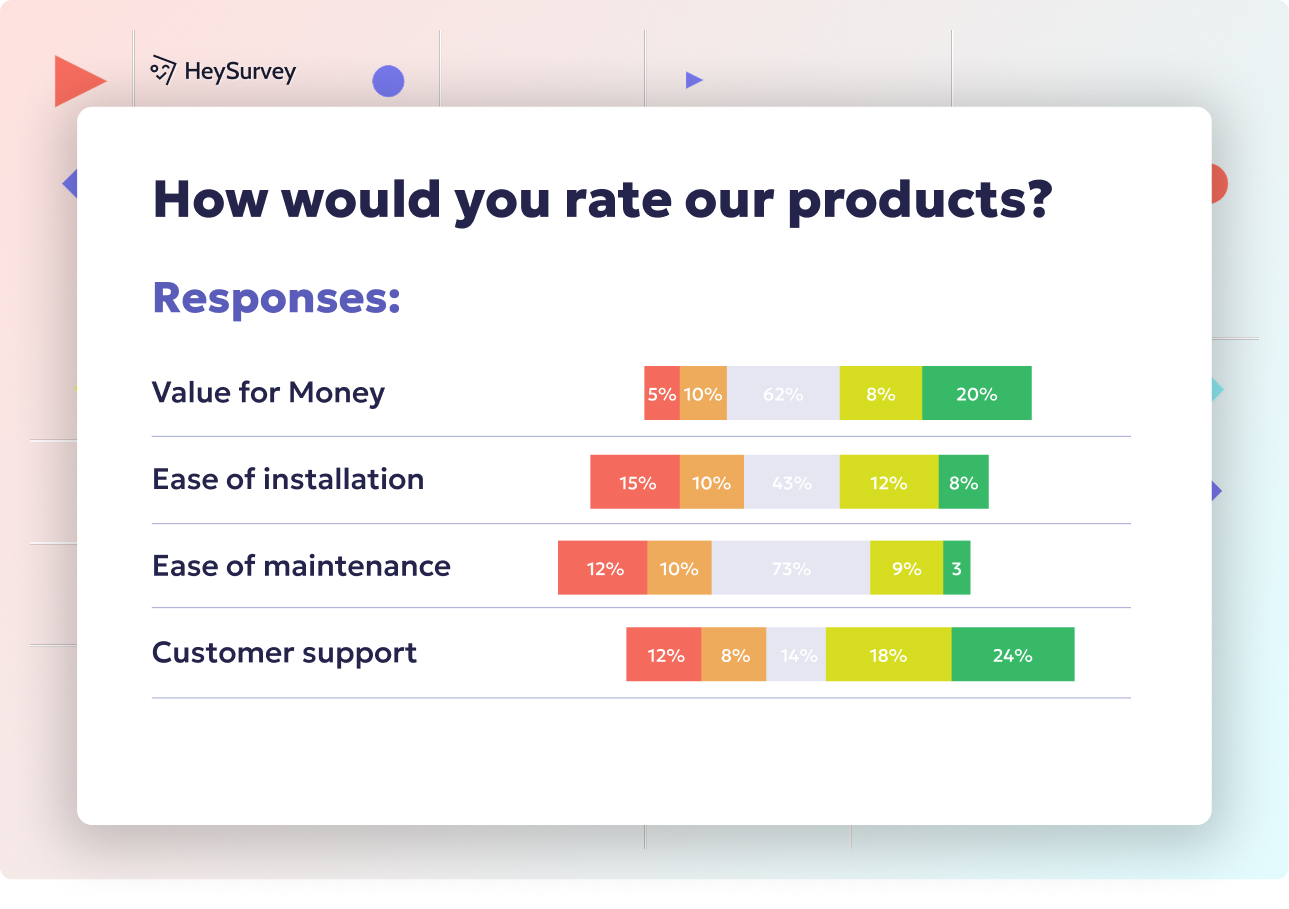
How to Create Your Pregnancy Survey with HeySurvey in 3 Easy Steps
Getting started with HeySurvey to build your pregnancy survey is a breeze, even if you’ve never made a survey before. Ready to listen, learn, and collect those valuable pregnancy insights? Just follow these three simple steps:
Step 1: Create a New Survey
- Head over to the HeySurvey dashboard and click “Create Survey.”
- Choose to start from an empty survey, or pick a pre-built pregnancy survey template (perfect for quick setup).
- Give your survey a clear internal name, like “Prenatal Care Feedback” or “First-Trimester Experience.”
- Now you’re inside the Survey Editor where all the magic happens!
Step 2: Add Your Questions
- Click “Add Question” at the top or between existing questions to insert new ones.
- Select the question type that suits your needs: multiple-choice for preferences, text for open feedback, scales for rating comfort or satisfaction.
- Type your question exactly as you want it to appear (for example: “How comfortable were you with the ultrasound procedure?”).
- Set questions as required if you want to ensure no important answers slip through.
- Use images or descriptions to make questions friendlier and add clarity.
Step 3: Publish Your Survey
- Hit the Preview button to see exactly what respondents will experience—on mobile or desktop.
- Make any last-minute tweaks in the Designer Sidebar for fonts, colors, or backgrounds to keep your pregnancy survey welcoming and approachable.
- When ready, click Publish to generate a shareable link.
- Share your survey via email, social media, or embed it on your website to start gathering responses.
Bonus Steps for a Professional Touch
Apply Your Branding
Customize your survey by adding your logo in the top left. This helps build trust and lets moms know the survey is coming from a friendly, familiar source.
Define Survey Settings
Set start/end dates and response limits to manage when surveys go live and close. You can also add a redirect URL so respondents land on a thank-you page, or allow them to view summarized results after completion for transparency.
Use Branching to Personalize
Set up branching logic so participants only see questions relevant to their earlier answers. For example, if a mom prefers a vaginal birth, she won’t get questions about C-section experiences. This keeps surveys short and respectful of time.
Ready to jump in? Click the button below to open your pregnancy survey template and start customizing with HeySurvey—simple, sweet, and set up for success!
Prenatal Care Satisfaction Survey
Why & When to Use
Prenatal care feedback surveys are the gold standard for tuning into a mama’s heartbeat during her regular visits. These help you catch issues with OB-GYN appointments, staff friendliness, and that ever-important wait time before she sees her doctor. Moms want to feel like every bump in the road—literal or emotional—matters.
This survey shines right after a prenatal appointment or at the end of trimester rounds. That way, every detail about the care journey is fresh. Use it to see if your team’s warmth and know-how are matching what moms-to-be want.
The most powerful perks? You get to: - Spot communication gaps early and remedy them fast. - Discover which parts of care need a touch more sparkle. - Encourage moms who felt listened to, keeping them loyal to your brand or clinic.
Knowing the answers can set your practice apart in the world of maternal health.
5 Sample Questions
How satisfied are you with the clarity of information provided during your last prenatal visit?
How would you rate the wait time before seeing your healthcare professional?
Did you feel your concerns were listened to and addressed adequately?
How comfortable were you with the ultrasound procedure and explanations?
How likely are you to recommend our prenatal clinic to other expecting mothers?
A study found that women who received explanations of procedures from their providers reported higher satisfaction with prenatal care. (pubmed.ncbi.nlm.nih.gov)
First-Trimester Experience Survey
Why & When to Use
The first trimester can feel like a wild adventure ride—nausea, excitement, worry, and cravings for pickles at 3 a.m. A first-trimester experience survey is a lifeline to capture these early roller-coaster moments. This survey helps providers understand exactly which symptoms are front and center, what nutrition guidance is clear (or not), and where to double-down on support.
Typically, these surveys work wonders between weeks 8 and 12. This window allows you to customize resources or schedule extra consults for anyone who’s struggling.
By asking for feedback now, clinics and brands can: - Customize informational materials to tackle common concerns and questions. - Address barriers to healthy habits, like starting prenatal vitamins. - Make expecting moms feel comfy and confident during these big changes.
5 Sample Questions
Which first-trimester symptoms are you experiencing most frequently?
How confident do you feel about the nutrition guidelines provided so far?
Have you begun taking prenatal vitamins consistently?
What is your biggest concern about the first trimester?
How helpful have our early-pregnancy classes or webinars been?
Lifestyle & Behavior Survey During Pregnancy
Why & When to Use
Pregnancy brings a whirlwind of lifestyle choices—what to eat, how much to move, which habits to tweak or quit. Lifestyle and behavior surveys during pregnancy put a magnifying glass on these changes, fueling support that’s timely and truly personal. The ideal time to send these questionnaires? Right in the heart of the journey—between weeks 20 and 24.
With the pregnancy lifestyle questionnaire, mid-pregnancy is a sweet spot because: - Routines have settled, but there’s room to gently pivot behaviors for the best health. - Useful trends in exercise, diet, and even caffeine habits can be spotted and supported. - Moms are weighing which tech or apps actually help track their growing bump.
Launching this survey helps clinicians and wellness brands: - Pinpoint stumbling blocks in healthy routines. - Coach moms along for nutrition, fitness, or medication habits. - Spark digital engagement with tools or groups that make pregnancy tracking easier.
5 Sample Questions
How many servings of fruits and vegetables do you consume daily?
What type of exercise, if any, are you engaging in each week?
Have you reduced or eliminated caffeine since becoming pregnant?
Are you currently taking any over-the-counter medications?
Do you use any digital tools or apps to track your pregnancy health?
A study found that 49.11% of pregnant women experienced passive smoking during mid-pregnancy, highlighting the need for targeted interventions. (journals.lww.com)
Mental Health & Emotional Well-Being Survey
Why & When to Use
Pregnancy isn’t all glowing selfies and baby bump fashion: the emotional rollercoaster can get real. A prenatal mental health survey lets you check in on anxiety, stress, and the need for extra support. Making this a standard part of care—once a trimester and again just after baby arrives—creates a judgement-free safe space.
Why is this so critical? Because: - Mental health wobbles are common, but moms often hide them behind a brave smile. - Early, non-invasive screening catches concerns before they become crises. - A quick emotional check-in links moms with counseling, groups, or simply someone to listen.
The beauty of this survey is that it’s gentle, anonymous, and focused on useful resources—not labels or stigma.
5 Sample Questions
Over the past two weeks, how often have you felt anxious or on edge?
How supported do you feel by family or friends during your pregnancy?
How frequently do mood changes interfere with your daily activities?
On a scale of 1–5, how confident are you about coping with labor?
Would you like information about counseling or support groups?
Birth Plan Preference Survey
Why & When to Use
Near the finish line, every expecting parent dreams about the big day. A birth plan preference survey brings these dreams out into the open, helping clinics to prepare for the wishes and comfort of every birthing experience. The sweet spot for this survey is between weeks 28 and 32.
It’s not just about whether someone wants a C-section or vaginal birth. Instead, it covers: - Who’s holding mom’s hand in the delivery room. - What kind of pain relief she prefers (or none at all). - Personal touches like immediate skin-to-skin or craving a little peace and privacy post-birth.
By knowing these details, hospital teams can: - Prep resources so each mom’s delivery feels calm and runs smoothly. - Let parents take the driver’s seat on their most important decisions. - Head off confusion on the big day by clarifying everyone’s expectations.
5 Sample Questions
What delivery method do you currently prefer (vaginal, C-section, undecided)?
Which pain-management options are you most interested in exploring?
Who would you like present in the delivery room?
What are your preferences regarding immediate skin-to-skin contact?
How important is a private recovery room to your birthing experience?
Postnatal Expectations Survey (Late-Pregnancy)
Why & When to Use
As the due date dances closer, nerves and questions about life after birth ramp up. A postnatal expectations survey uncovers education gaps on breastfeeding, newborn basics, and recovering in style. The perfect time to pop this survey out? Between weeks 34 and 36—just as the real countdown begins.
Late-pregnancy is a lucky chance to: - Spot missing know-how on feeding, swaddling, or soothing a newborn. - Gauge how ready moms feel for the whirlwind of postpartum changes. - Link new parents with the resources and support networks that weave a massive safety net.
Delivering this survey now helps clinics and brands: - Fine-tune resources, classes, or even hospital discharge instructions. - Connect new moms with in-home nurses or online groups, right when they need it most.
5 Sample Questions
How prepared do you feel for breastfeeding challenges?
Which newborn-care topics would you like more information on?
How concerned are you about postpartum body changes?
What type of postpartum support (in-home nurse, online classes) interests you most?
How confident are you in recognizing signs of postpartum depression?
Demographic & Social Support Survey
Why & When to Use
Behind every pregnancy story is a unique backdrop of culture, resource access, and human connection. A demographic and social support survey is the backstage pass for care teams wanting to personalize every plan. The magic moment for this survey is right at the first prenatal intake appointment, while building trust is top priority.
These questions go way beyond age or zip code. They ask about: - Home life—whether a mama’s flying solo or has a cheering section at home. - Language, education, and insurance—all of which impact support and resources. - Who’s in her corner (partners, besties, a whole village).
Clinics and brands leverage this knowledge to: - Personalize care bundles and classes. - Break down language or system barriers before they disrupt care. - Build a sense of safety and belonging around every new parent.
5 Sample Questions
What is your current household structure (single, partnered, multigenerational)?
What is your highest level of education completed?
What languages are spoken in your home?
What type of health insurance coverage do you have?
Who is your primary source of pregnancy support?
Dos and Don’ts for Crafting Pregnancy Survey Questions
Survey questions should feel like a warm hug, not a grilling session! When writing your pregnancy surveys, these simplicity and empathy tips keep things inviting and crystal clear.
Do: - Use language that's welcoming, empathetic, and easy for everyone to understand. - Ensure each survey maintains anonymity, so moms feel free to open up. - Keep your terms inclusive—using "birthing parent" where needed. - Cap each survey at 10–12 minutes to avoid fatigue or frustration.
Don’t: - Avoid weight-specific questions unless a clinician genuinely needs those details. - Skip the jargon—healthcare buzzwords are best left out. - Never overload a survey with too many questions at once. - Forget to pilot test your survey before launching—ongoing tweaks keep it mom-friendly!
A great pregnancy lifestyle questionnaire or prenatal mental health survey can be a beautiful conversation opener—done right, it helps every mom feel truly heard.
Conclusion
Well-crafted pregnancy surveys are the heartbeats behind patient-centered maternal care. Each thoughtful question brings insights, calms worries, and inspires positive change throughout the journey to parenthood. As you build or refine your next expecting mothers questionnaire, remember these tips to spark honest feedback and real trust. The result? Healthier, happier moms—and families who feel genuinely supported at every step.
Related Health Survey Surveys
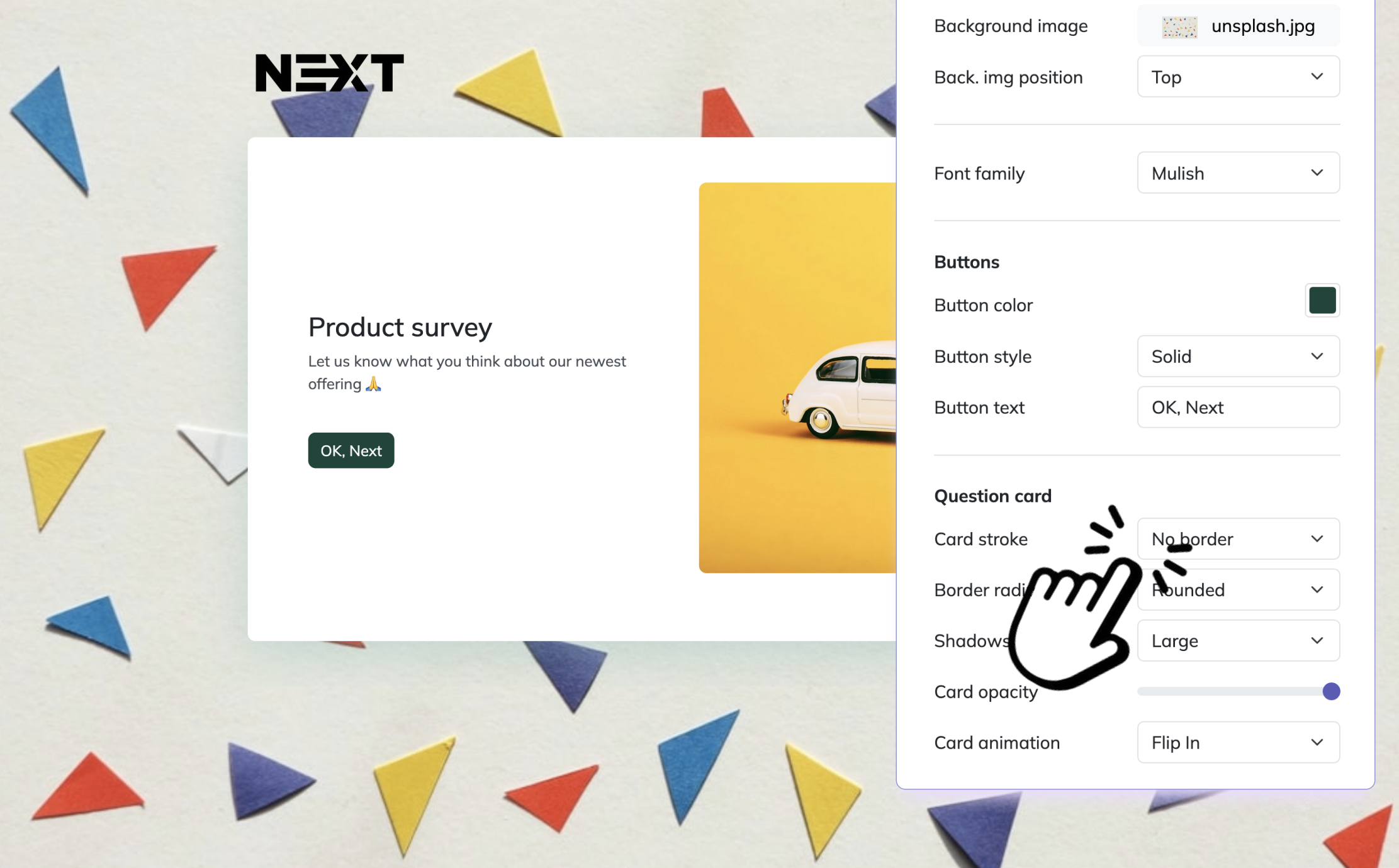
28 Health Care Satisfaction Survey Questions for Better Feedback
Discover 25 expert health care satisfaction survey questions designed to boost patient feedback a...
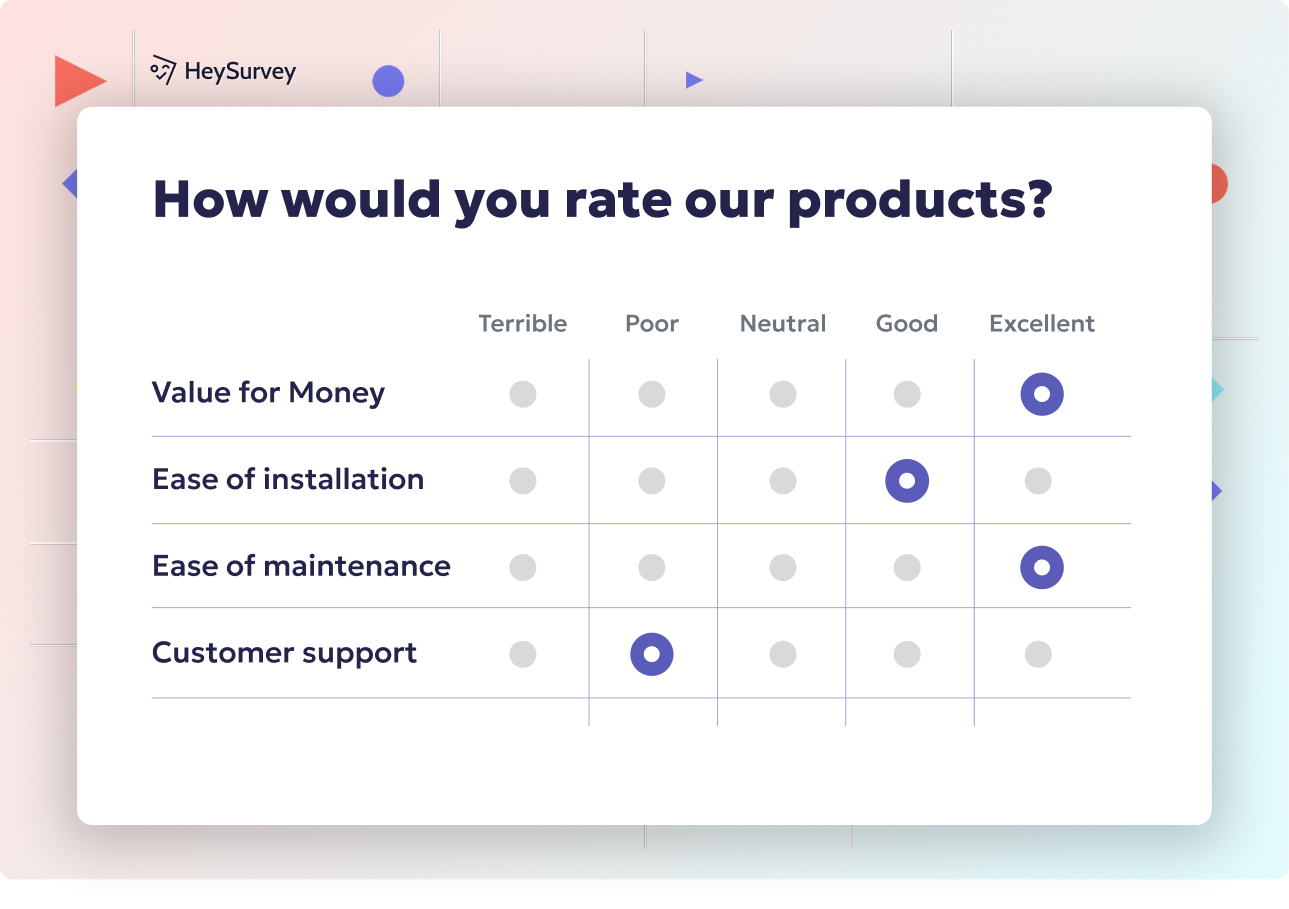
31 Body Image Survey Questions: Types, Usage & Best Guide
Discover 35 expert body image survey questions across 7 proven types to measure body satisfaction...
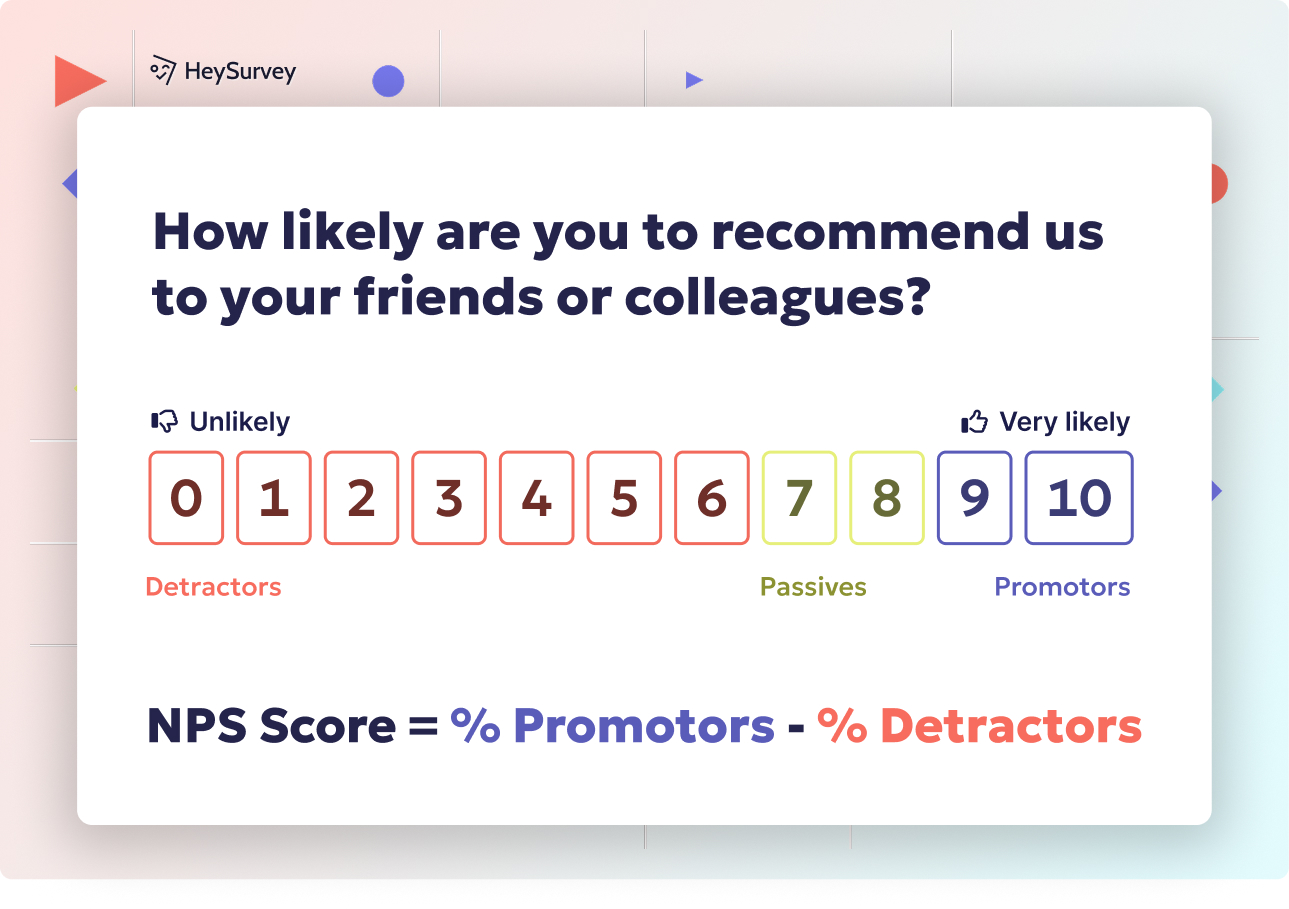
31 Essential Domestic Violence Survey Questions: Types & Uses
Explore 30+ domestic violence survey questions covering types, uses, samples, and best practices ...
